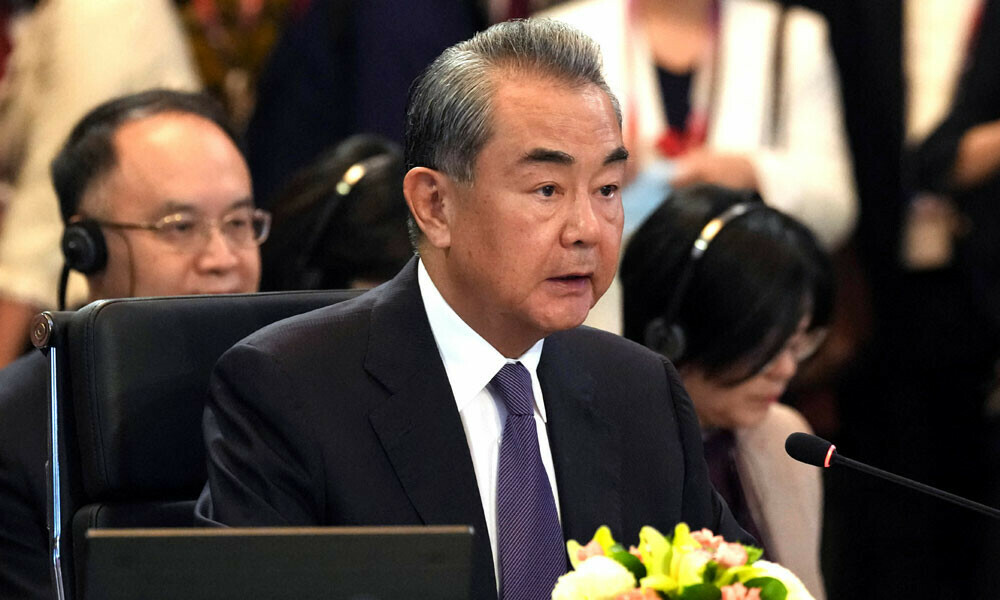The EU-China comprehensive strategic partnership, formed in 2003, sought to enhance ties beyond trade and investment. Recent events, however, have damaged the connection. Since 2019, the European Union has increasingly referred to China as a “economic competitor” and a “systemic rival,” particularly in light of Beijing’s tight alliance with Moscow following Ukraine’s invasion. Against this context, Chinese Foreign Minister Wang Yi encouraged the EU during a meeting with EU foreign policy leader Joseph Borrell to improve communication, build mutual trust, and avoid wavering in its commitment. As EU leaders have asked for less reliance on China, Wang stressed the importance of the EU clarifying its position on the strategic alliance.
EU Leaders Pledge to Reduce Reliance on China
In an effort to address growing concerns and lessen its dependence on China, EU leaders made commitments last month to reevaluate their relationship with the Asian giant. Recognizing the need to strike a balance between cooperation and “de-risking,” the leaders deliberated on ways to navigate economic and diplomatic challenges posed by China’s evolving stance. The EU’s view of China as an economic competitor and systemic rival has intensified since 2019, further driving the reassessment of the partnership.
European Commission Pushes for Stricter Controls on Technology Exports
To mitigate risks associated with technology transfers to certain countries, the European Commission is urging EU member states to agree on stronger controls. These measures aim to regulate the export and outflow of technologies that could have military applications, particularly to nations of concern. The move underscores the EU’s growing apprehension about China’s expanding influence and the need to safeguard critical technologies.
China Urges EU to Guard Against Economic Decoupling
During his meeting with EU foreign policy chief Josep Borrell, Chinese Foreign Minister Wang Yi emphasized the importance of avoiding the politicization of economic issues and using “de-risking” as a synonym for “decoupling.” Wang highlighted that there is no fundamental conflict of interest between China and the EU. He urged the two sides to maintain economic cooperation and prevent the strategic partnership from being undermined by misunderstandings or misinterpretations. Wang’s call for clarity on the EU’s strategic partnership position reflects China’s concern regarding the future trajectory of EU-China relations.
The EU-China comprehensive strategic partnership, which held great promise upon its establishment in 2003, now faces significant challenges. As EU leaders express the need to reduce dependence on China, the relationship between the two entities has grown more complex. The European Commission’s push for stricter controls on technology exports and China’s call to guard against economic decoupling illustrate the underlying tensions. Resolving these issues will require open communication, enhanced mutual trust, and a clear vision of the EU’s strategic partnership with China.















